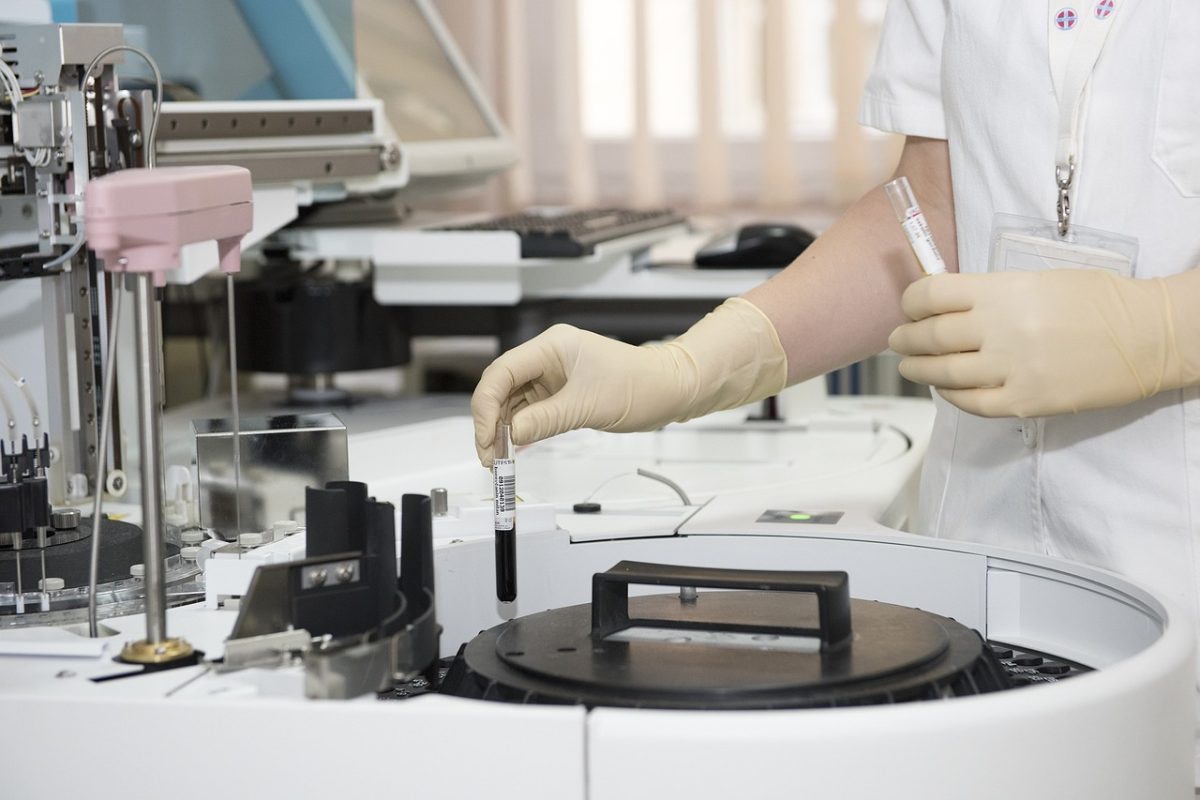The Most Commonly Used Research Chemicals in New Jersey Labs
A wide range of research chemicals in New Jersey are used to labs throughout numerous scientific disciplines, resulting in ground-breaking discoveries and advances. While the precise compounds may vary depending on the nature of research, industry focus, and academic objectives, some regularly utilised research chemicals in New Jersey labs are:
Organic compounds are the foundation of numerous scientific studies, including study in chemistry, biology, and pharmacology. Commonly used compounds include benzene derivatives, aldehydes, and ketones.
Specialty Chemicals: These are chemicals designed for specific applications, such as solvents, reagents, and catalysts. Their adaptability makes them essential for customising reactions and processes.
Analytical Standards: Labs frequently employ certified analytical standards for calibration and validation. These standards ensure that the analytical instruments used in research are accurate and reliable.
Nanomaterials: New Jersey labs focus on materials science and nanotechnology, and they use a variety of nanomaterials due to their unique qualities. This encompasses nanoparticles, nanotubes, and nanocomposites.
Pharmaceutical Intermediates: Drug discovery and development laboratories use pharmaceutical intermediates to synthesise and test prospective drug molecules. These intermediates are vital in early-stage pharmaceutical development.
Environmental Monitoring Agents: As part of the state’s commitment to environmental sustainability, laboratories in New Jersey use research chemicals to monitor pollutants, analyse air and water quality, and assess environmental impact.
Peptide Synthesis Reagents: Peptide synthesis reagents are frequently used by biochemistry and pharmaceutical research laboratories to create bespoke peptides. These are critical for researching biological processes and devising therapeutic therapies.
Metal complexes are used often in coordination chemistry and catalysis research. These chemicals operate as catalysts in a variety of processes, contributing to advances in synthetic techniques.
Fluorescent Probes: Fluorescent probes are used in biological and medical research laboratories for imaging and diagnosis. These probes enable to visualise cellular activities and structures.
Isotopes: Isotopes may be used to designate chemicals in laboratories conducting nuclear research or medical imaging. Isotopes add to our understanding of chemical and biological processes.
Cell Culture medium and Reagents: Biomedical research laboratories frequently use specialised cell culture medium and reagents for cell studies. These substances provide an environment that promotes cell development and exploration.
Research-Grade Gases: In a variety of applications, including analytical chemistry and environmental monitoring, labs may use research-grade gases such as nitrogen, helium, and argon under precise experimental circumstances.
Antibodies and Protein Reagents: Antibodies and protein reagents are commonly used in biochemistry and life science laboratories for protein analysis, immunohistochemistry, and other molecular biology methods.
Custom Synthesis chemicals: Many labs work on custom synthesis projects, synthesising chemicals customised to specific research requirements. This includes the development of new compounds for specific uses.
Surfactants and emulsifiers serve an important function in chemical and material research. They are used to change surface characteristics, improve stability, and allow for controlled dispersion in a variety of formulations.
Laboratory Solvents: Ethanol, acetone, and diethyl ether are common solvents used in chemical research for reactions, extractions, and purification. These solvents protect the integrity of experiments by creating a controlled environment.
Research-Grade Enzymes: Molecular biologists and biochemists frequently utilise research-grade enzymes for DNA amplification (polymerase chain reaction, or PCR) and other enzymatic experiments. These enzymes guarantee the accuracy and reproducibility of studies.
Diagnostics and Biochemical Kits: Specialised biochemical kits are used by clinical research and diagnostic laboratories for disease detection, biomarker analysis, and enzymatic assays. These kits expedite operations and improve the productivity of research workflows.
For More Info : https://chemhub.com/









